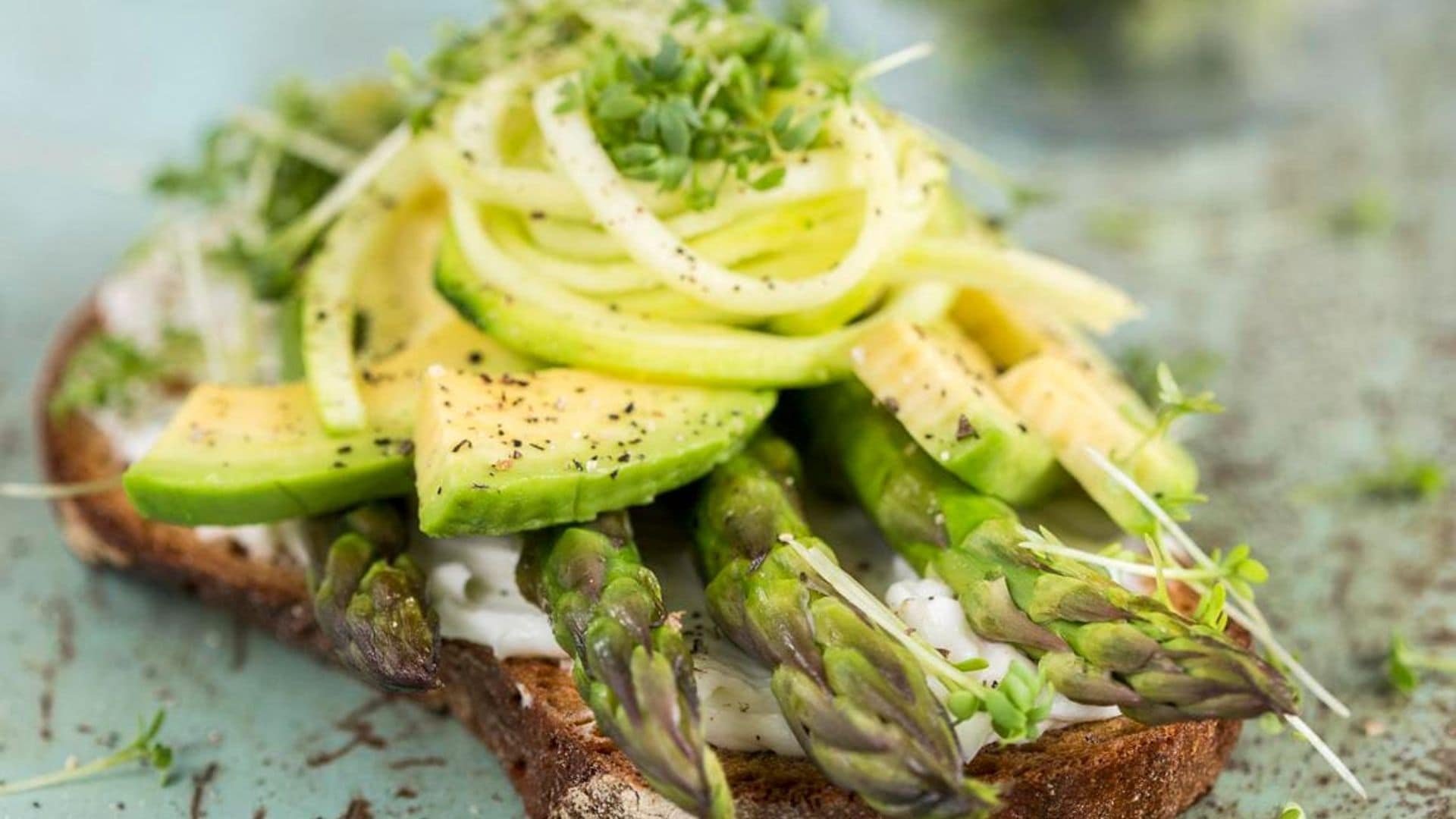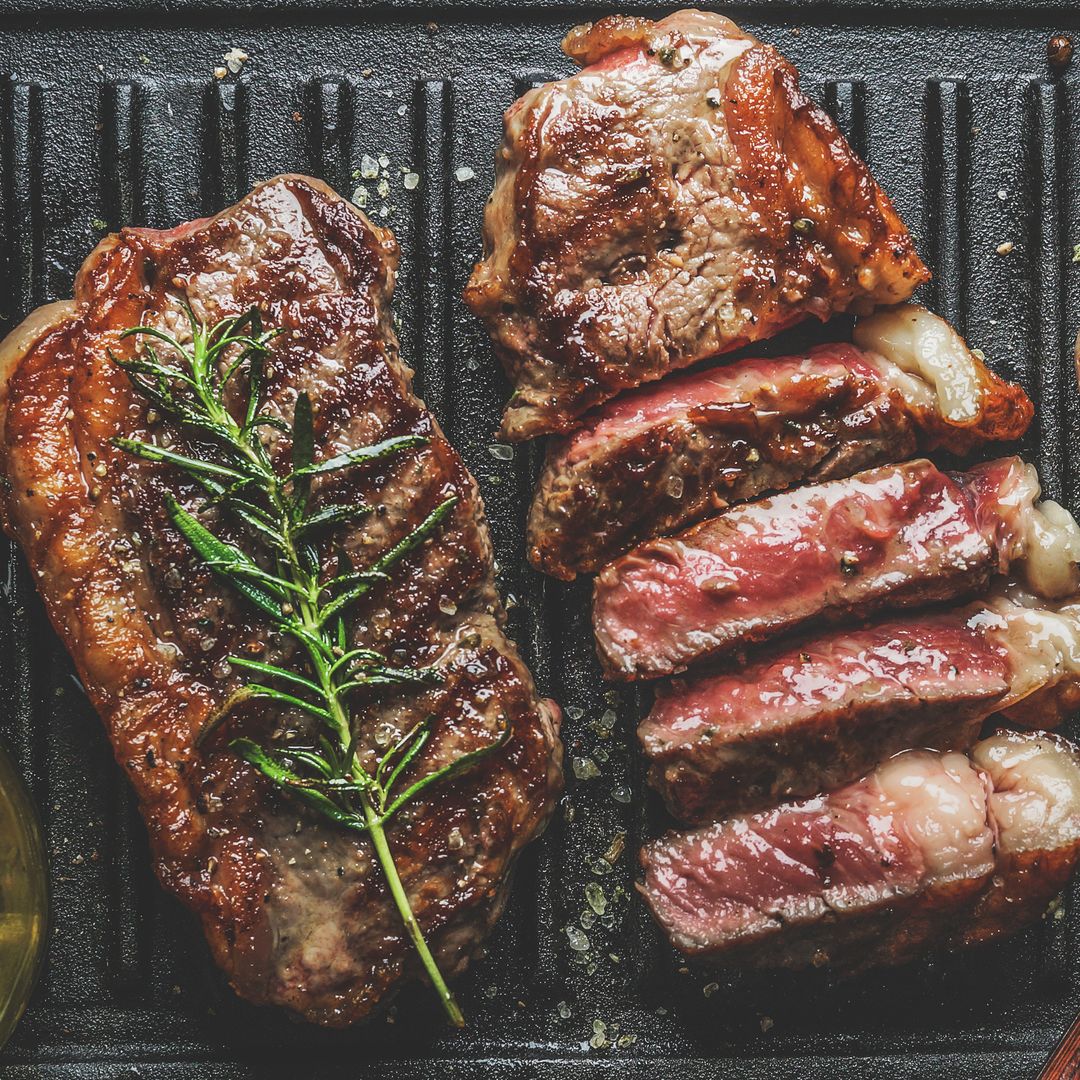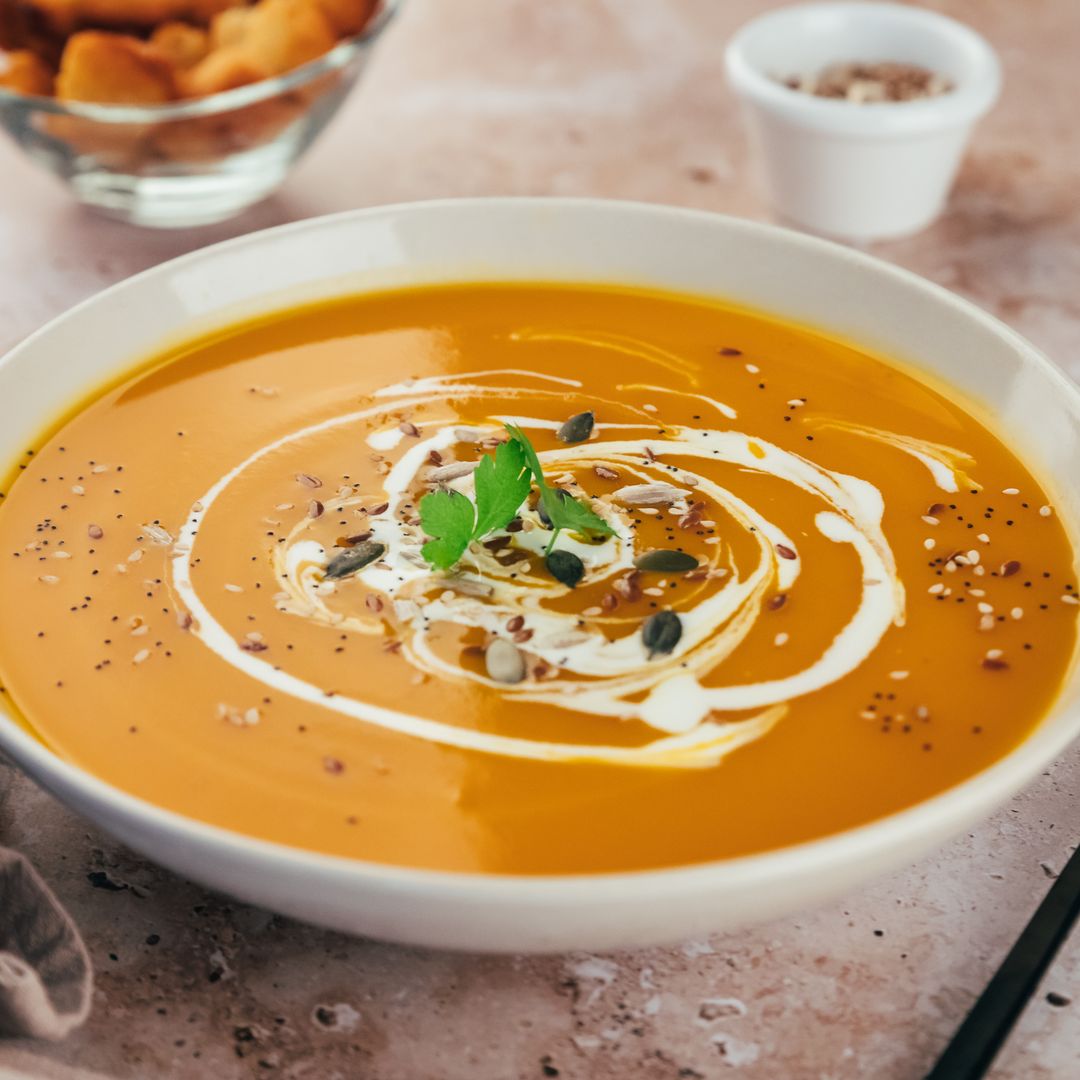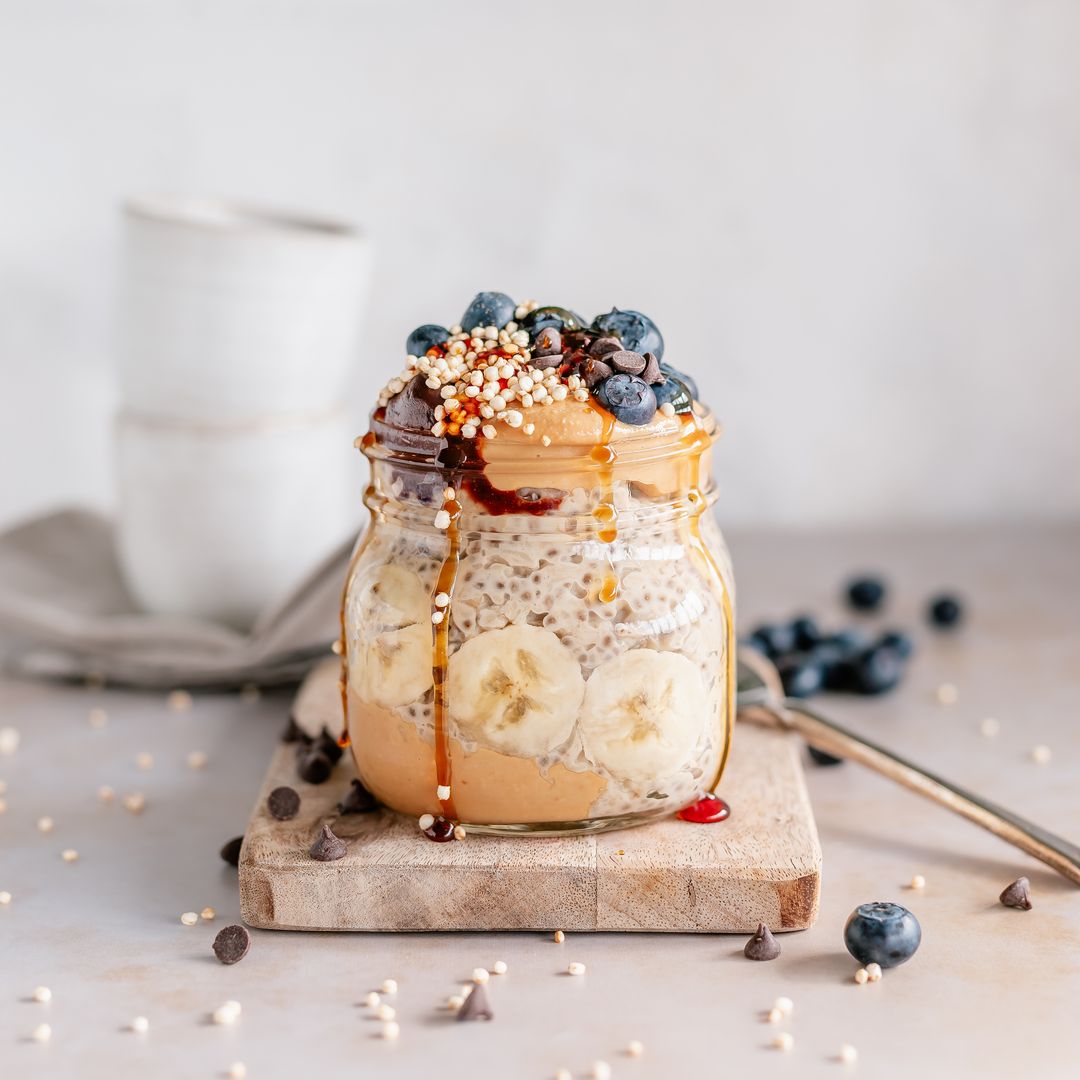Maintaining our mental health is an incredibly important aspect of our overall well-being. From incorporating a daily exercise routine to eating the right foods, all of it can add to our mental health so it is imperative that we do the right things and eat the right thing. One of the most common mood disorders that everyone experiences is anxiety — something that can be influenced by work and life. Although finding outlets like workouts and meditation help, it is also important to be mindful of what we eat every day. From small things like nuts and fruits to eating more yogurt and Omega-3 rich food (hello, avocado toast), all these small switches can positively affect your overall mood and brain function. All these foods can assist with the betterment of your brain: helping to repair damaged nerves, increase cognitive function and reduce inflammation. Below we’ve gathered 15 foods that can help reduce and manage your overall anxiety.
 © GrosbyGroup
© GrosbyGroupDark Chocolate
Chocolate is a weakness for many who possess a serious sweet tooth. But did you know that the purer the chocolate, the better it is for you? Dark chocolate has properties that can help elevate serotonin and tryptophan levels — that is believed by experts to positively influence mental health. Due to all of its healthy properties, studies have suggested that we should increase our dark chocolate intake because it can help our body regulate a myriad of other functions as well.
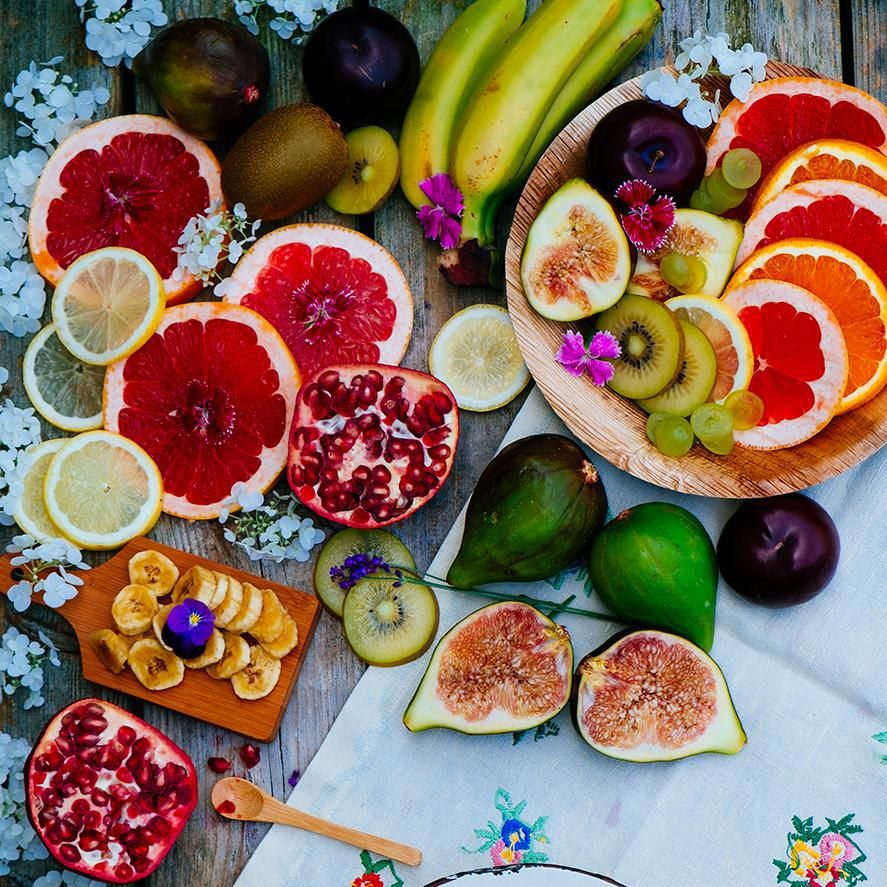 © GrosbyGroup
© GrosbyGroupFruits
We all know that fruits are good for us and should be an important part of our daily diets. Fruits like blueberries, bananas and a variety of citrus (lemons, mandarins, oranges, etc) also provide the body with lots of vitamins, minerals and fiber. Some fruits have things like Vitamin C, which aid in cell renewal and the reduction of anxiety.
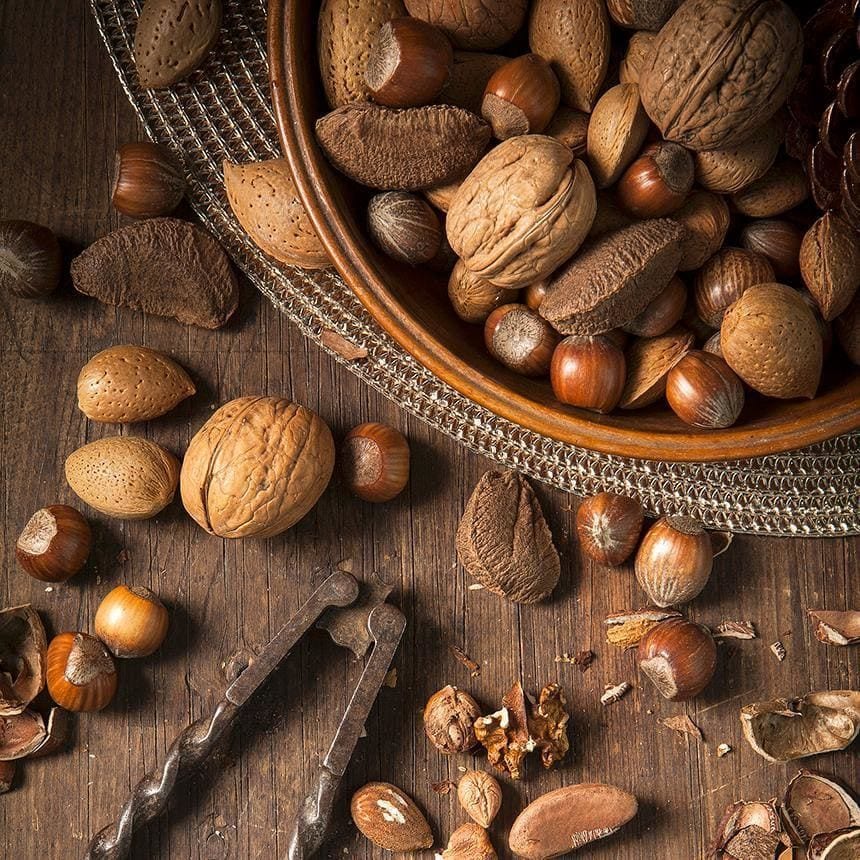 © GrosbyGroup
© GrosbyGroupNuts
Think almonds, walnuts and Brazil nuts (and many more). Nuts posses healthy fats that are great for the body and easily digestible. They also carry properties that are considered to help decrease depressive thoughts and aid in brain growth/memory retention. Almonds, for example, carry magnesium which can help with the level of serotonin in the brain.
 © GrosbyGroup
© GrosbyGroupOmega-3 Rich Foods
Things like salmon, sardines, avocados and olive oil are all foods rich in Omega-3 Fatty Acids. Omega-3 rich foods have been long said to positively affect the body and help increase overall health. These foods also help with the brain’s cognitive functions and can help decrease mood disorders within the body and brain. There are two properties within these foods — eicosapentaenoic acid (EPA), and docosahexaenoic acid (DHA) — that assist with the regulation of neurotransmitters and help reduce inflammation.
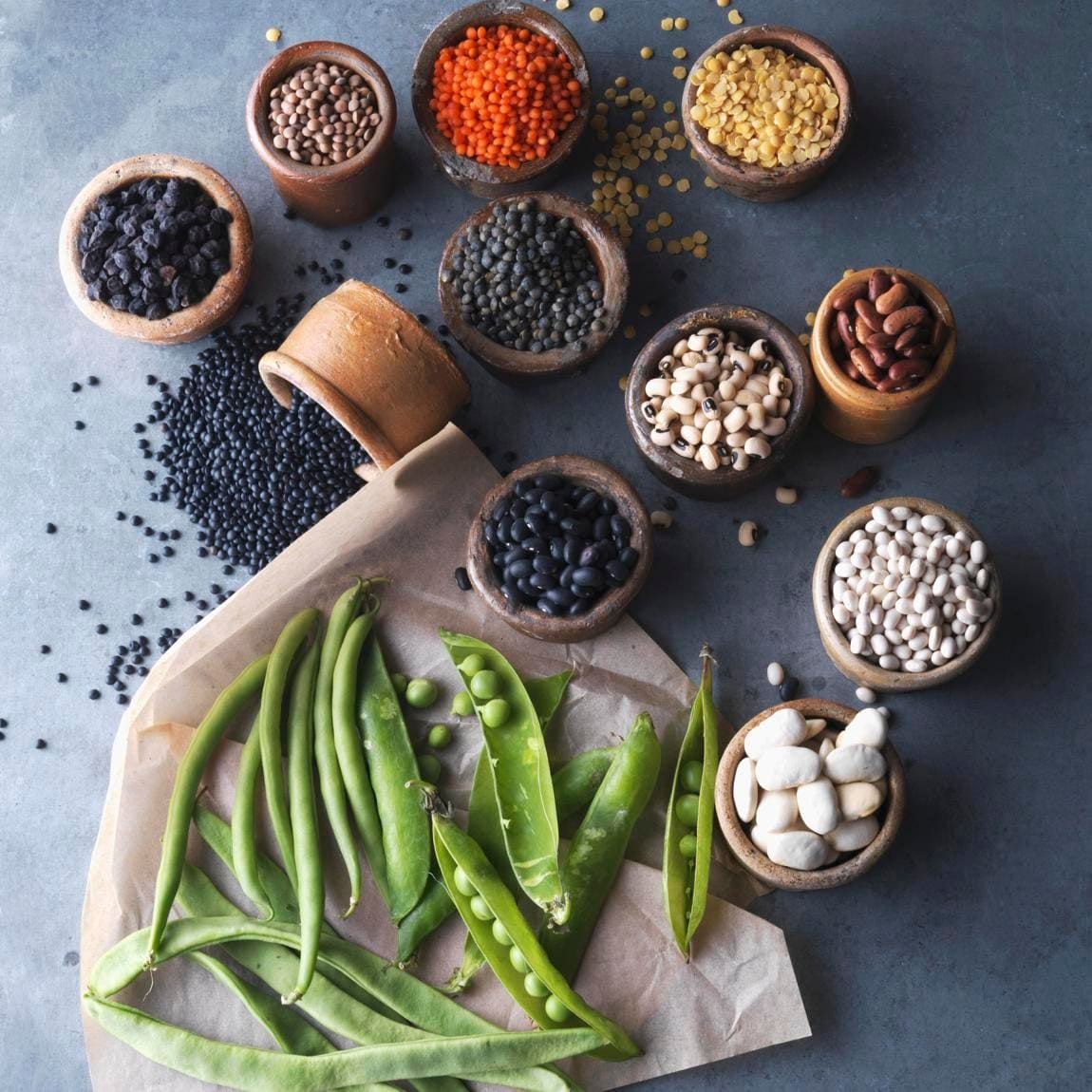 © GrosbyGroup
© GrosbyGroupLegumes
Like their fruity compatriotas, legumes possess lost of minerals, vitamins, fiber and protein. Not only do they help curve hunger that may be caused by anxiety, but they also help regulate the digestive system. Things like chickpeas, lentils, beans and other varieties contain things like antioxidants, vitamin B6 and magnesium.
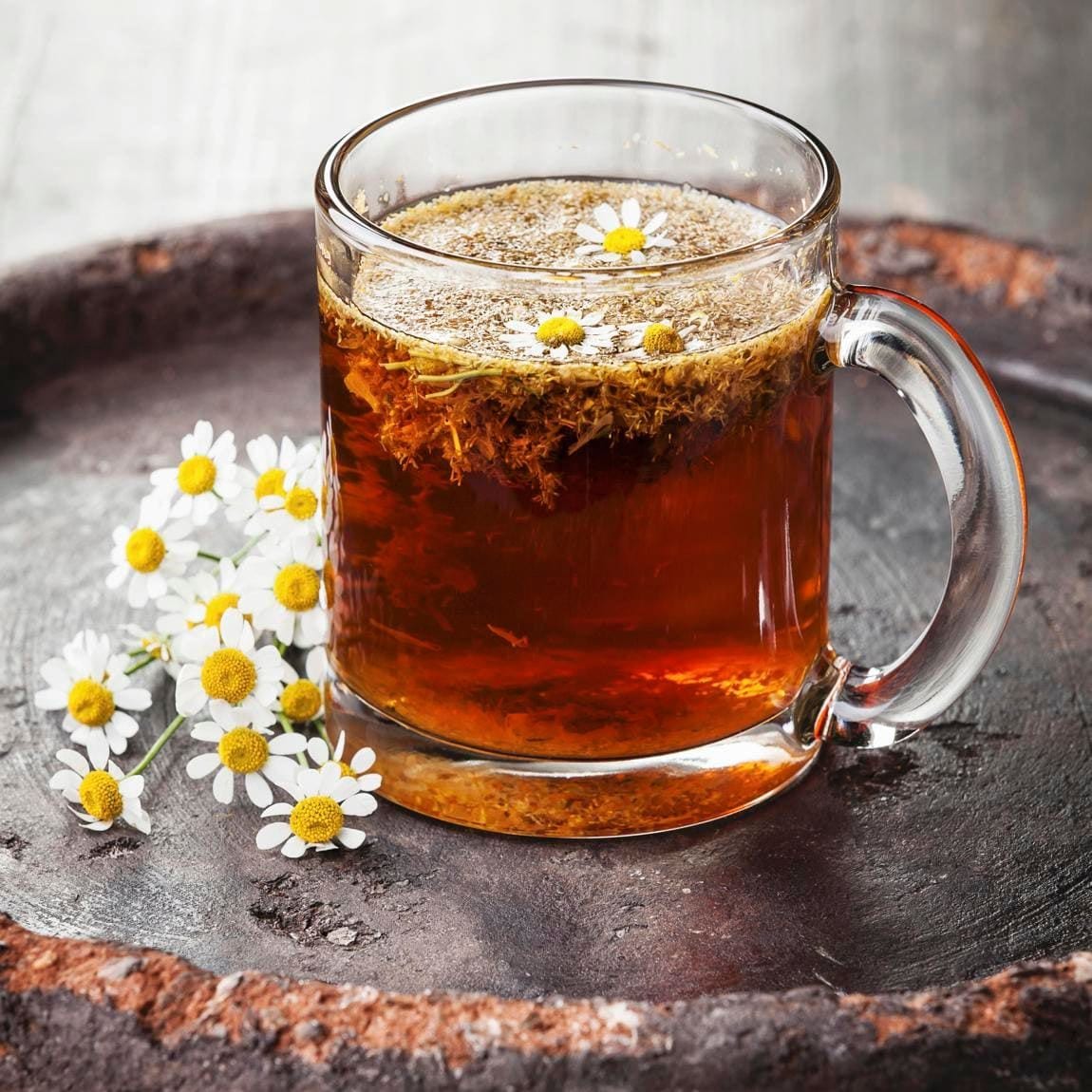 © GrosbyGroup
© GrosbyGroupChamomile
This mighty herb contains high levels of antioxidants said to help reduce overall inflammation of the body (which has been linked to anxiety). Chamomile also carries antibacterial, antioxidant and relaxant properties that aid the body’s process to decrease anxiety. It is said that the flavonoids found in this medicinal herb can help those with mood disorders manage their anxiety levels.
 © GrosbyGroup
© GrosbyGroupYogurt
Not just any yogurt, specifically plain Greek yogurt. This type of yogurt carries key elements that help with the symptoms of stress and anxiety and also have probiotics in it as well. The “healthy bacteria” found in probiotics has shown to help promote mental health by introducing free radicals and neurotoxins into the system that help aid in repairing damaged nerve tissue that leads to feeling anxious.
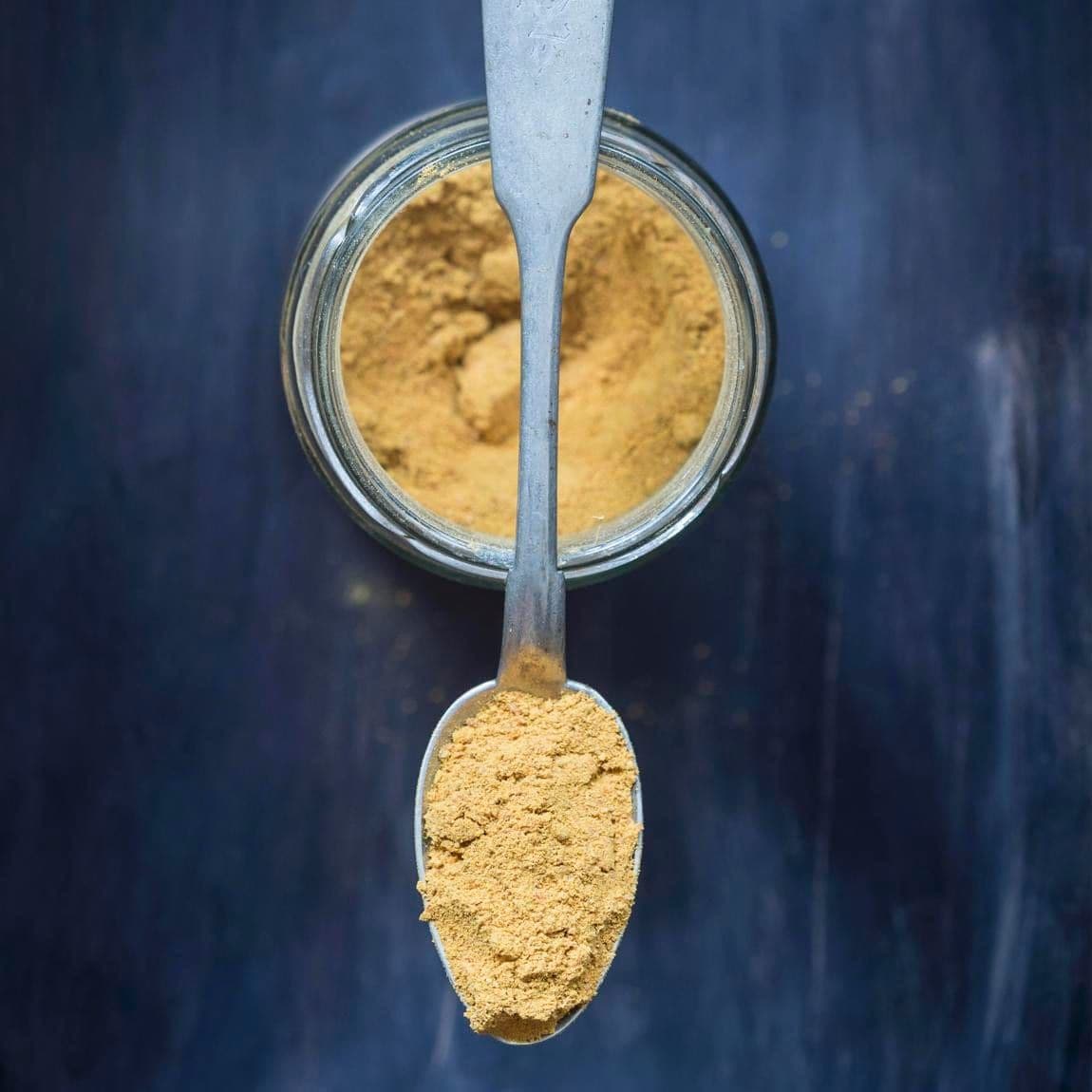 © GrosbyGroup
© GrosbyGroupTurmeric
This popular Southeast Asian cooking spice carries the active ingredient of curcumin. Curcumin has been said to help lower levels of anxiety by its ability to reduce inflammation in the brain and levels of oxidative stress (which helps decrease mood disorders like anxiety and depression). It is also said that curcumin can help build DHA (same thing found in Omega-3 rich foods) which also helps lower feelings of anxiety as well. Consumption of curcumin has also been linked to the increase of blood antioxidant levels within the body and helping to prevent the damage of brain cells.
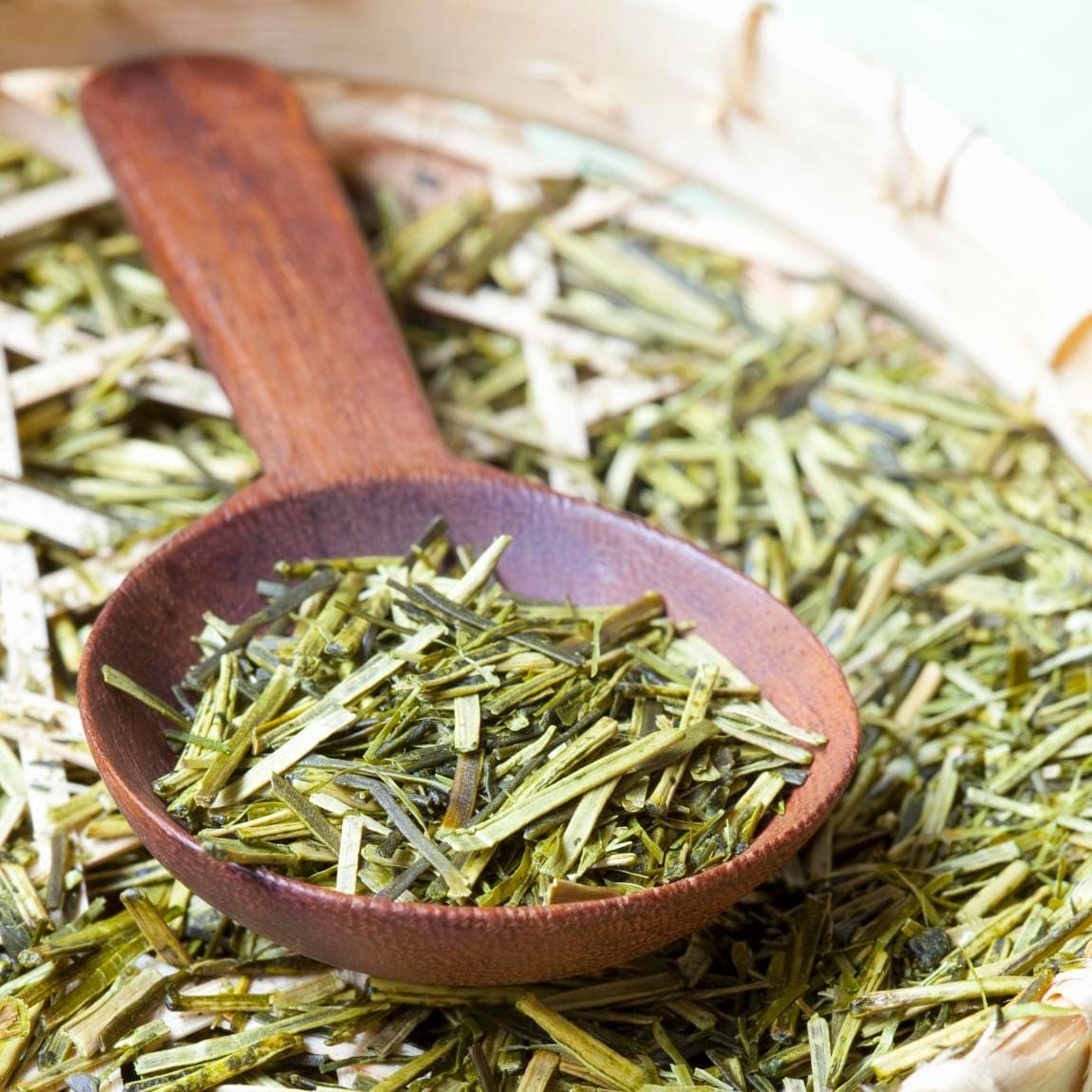 © GrosbyGroup
© GrosbyGroupGreen Tea
This tea carries L-theanine, an amino acid with the ability to positively affect mood disorders like anxiety. Its calming effects have shown an increase in the production of serotonin and dopamine in the brain and can help improve relaxation within the body. Studies have shown that this mighty amino-acid has helped with reducing the heart rate (when consumed during a mood disorder episode) and can help decrease the levels of cortisol caused by anxiety. Green tea also carries properties that promote brain health.
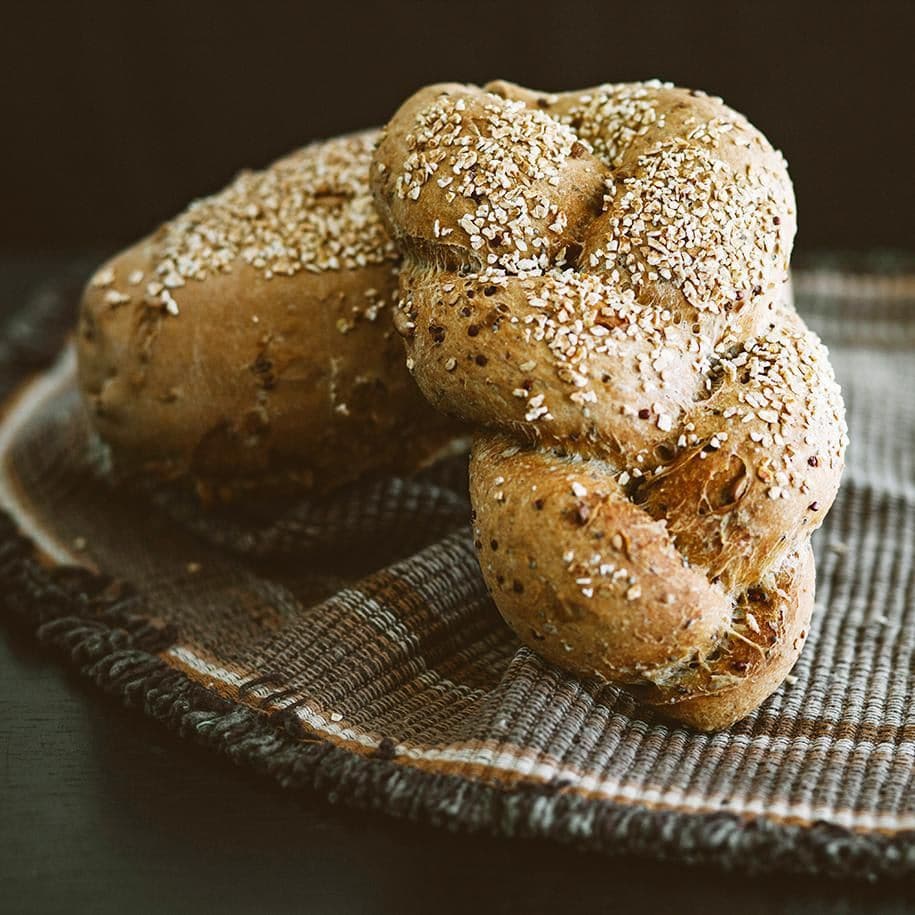 © GrosbyGroup
© GrosbyGroupWhole Grains
While plain Greek yogurt introduces probiotics, whole grains introduce prebiotics. Why are prebiotics so important? They help the probiotics survive and thrive in your system. Prebiotics can be found in 100% whole grain foods like oats, barley, bran (along with some fruits, veggies and legumes). Eating a healthy amount of prebiotic-rich foods help your body’s GI tract function to run in top shape while also helping to reduce chronic diseases.
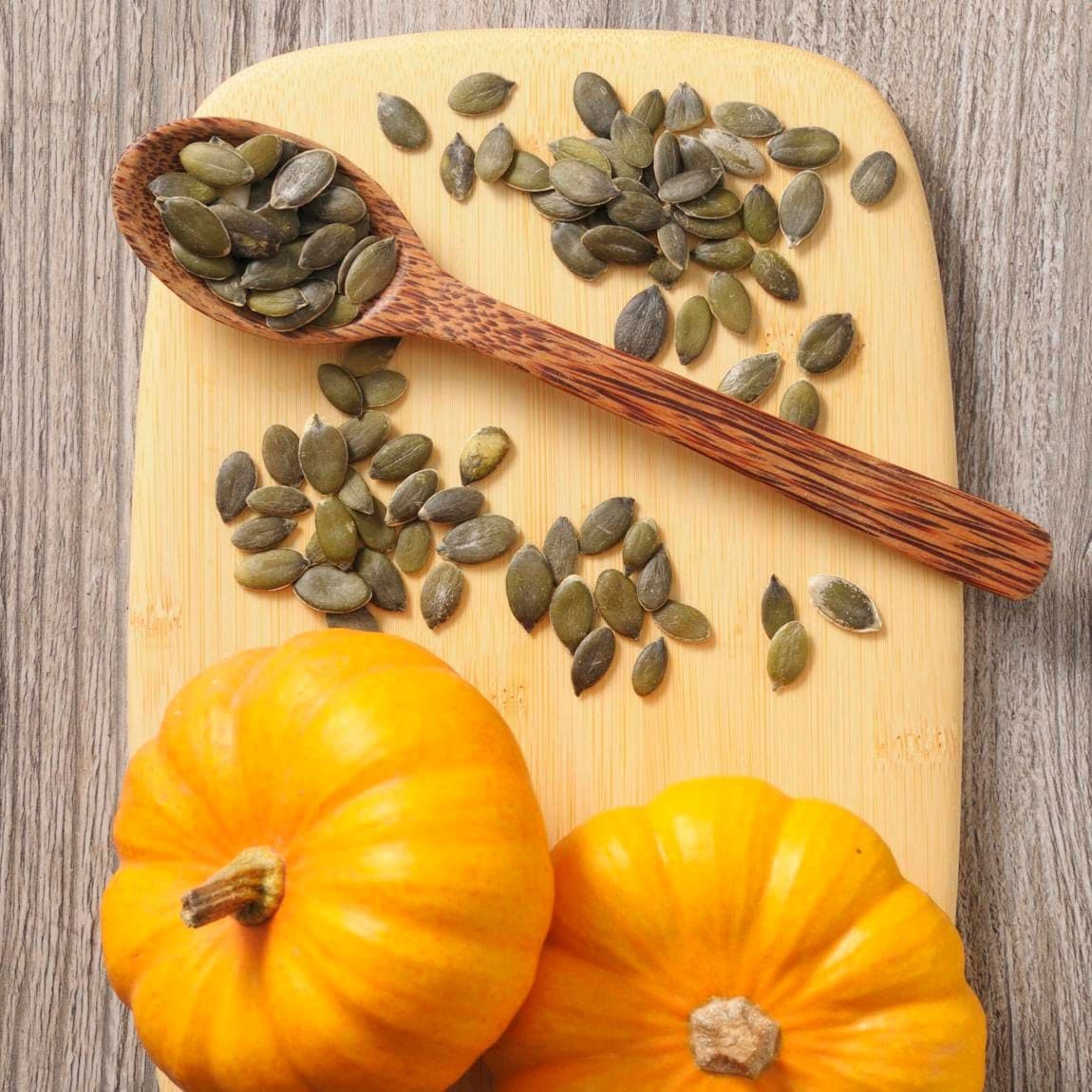 © GrosbyGroup
© GrosbyGroupPumpkins Seeds
These little seeds are packed with nearly 20% of the recommended daily value of magnesium (plus some potassium as well). Pumpkin seeds can also help regulate the body’s electrolyte balance and blood pressure along with assisting in reducing symptoms of stress and anxiety. They also carry zinc, which a great mineral for regulating your mood and is essential for brain and nerve development.
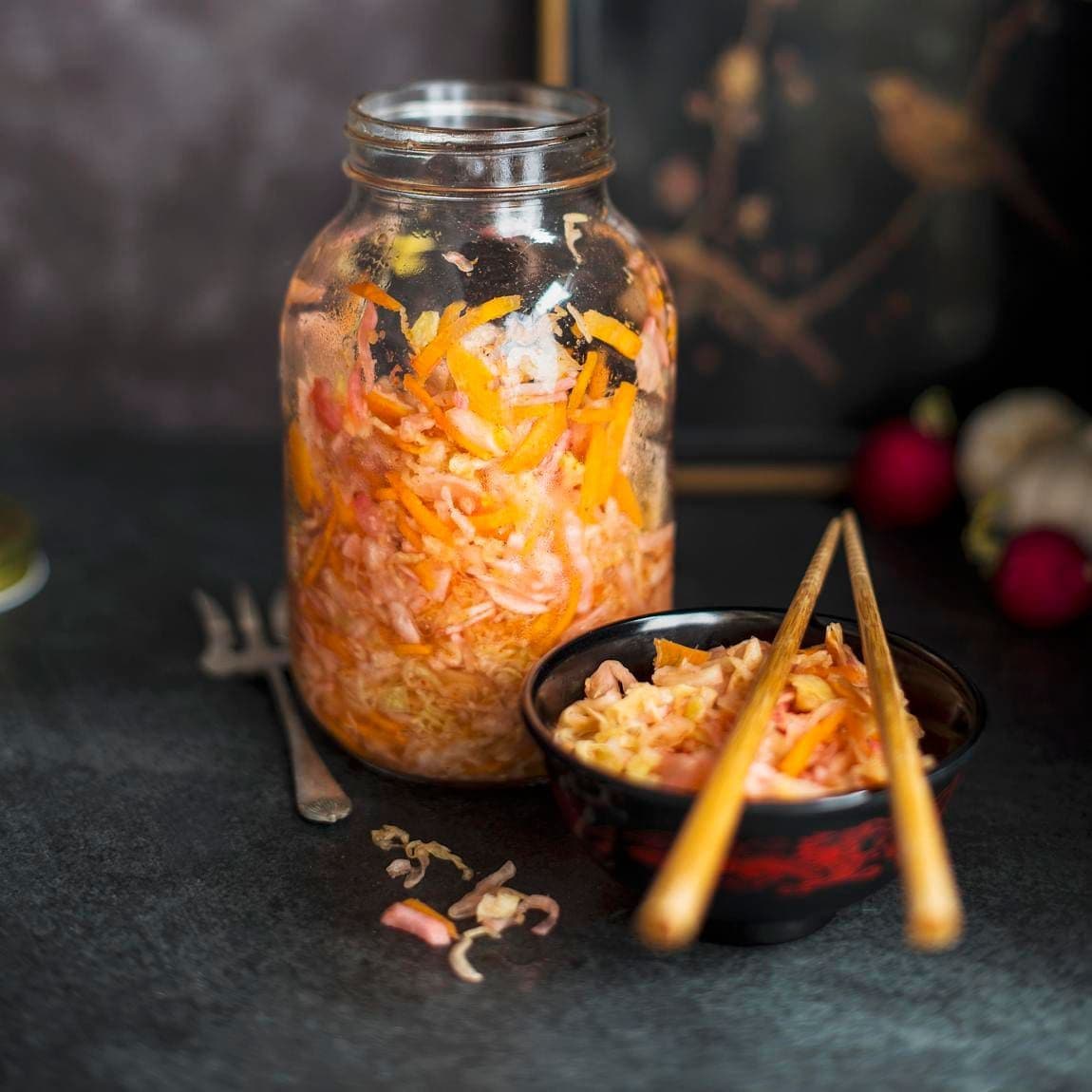 © GrosbyGroup
© GrosbyGroupFermented Foods
Foods like miso, tempeh, sauerkraut, kefir and kimchi all contain the mighty probiotic element just like yogurt. This friendly bacteria helps out the body’s GI and helps keep out harmful pathogens and microbes which can benefit the body as a whole. Along with many other added benefits, fermented foods can also further help reduce levels of anxiety and assist in alleviating psychiatric symptoms.
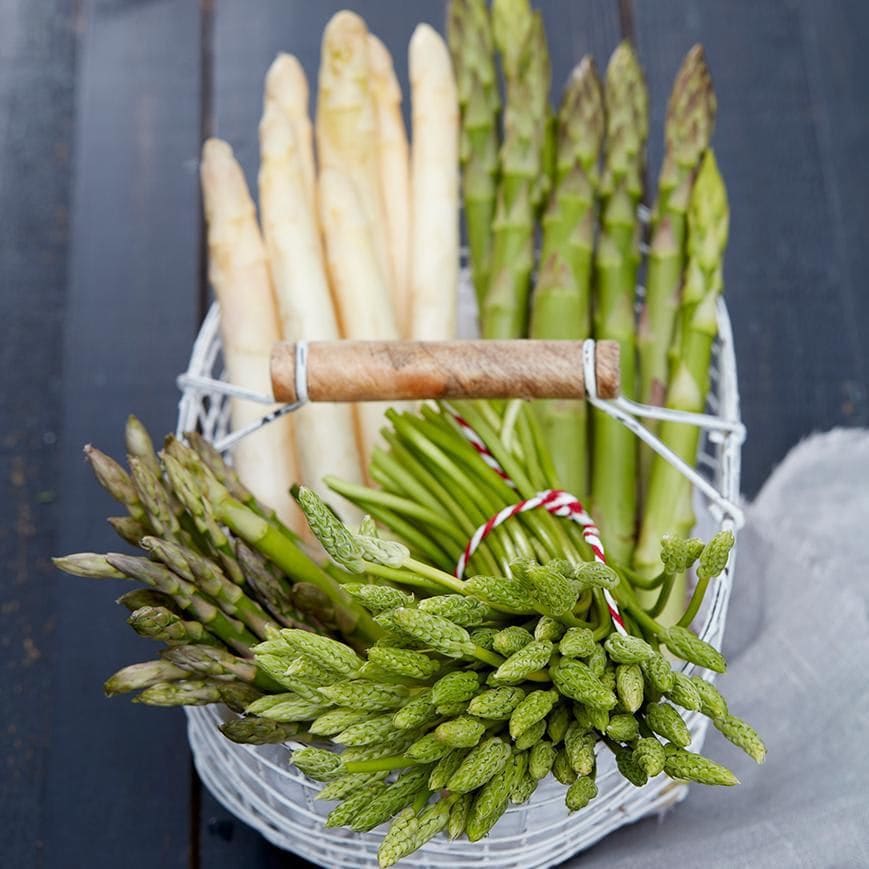 © GrosbyGroup
© GrosbyGroupAsparagus
Studies dating from the 1960s have shown that there is a correlation between anxiety and low levels of folate. How can asparagus help? It’s estimated to have about ⅔’s of the recommended daily intake of folate — something that can help lower levels of anxiety and depression. Asparagus is also very rich in potassium, fiber, vitamins (A, C, E and K to be exact) and trace elements of chromium.
 © GrosbyGroup
© GrosbyGroupTurkey
Ever wonder why you feel sleepy after eating turkey on Thanksgiving? It’s because of a little thing called tryptophan. This amino acid helps to increase overall serotonin levels, which aid in promoting sleep and mood relaxation within the body. In short, turkey can help promote alertness and good mood. This amino acid can also be found in nuts, seeds and beans.
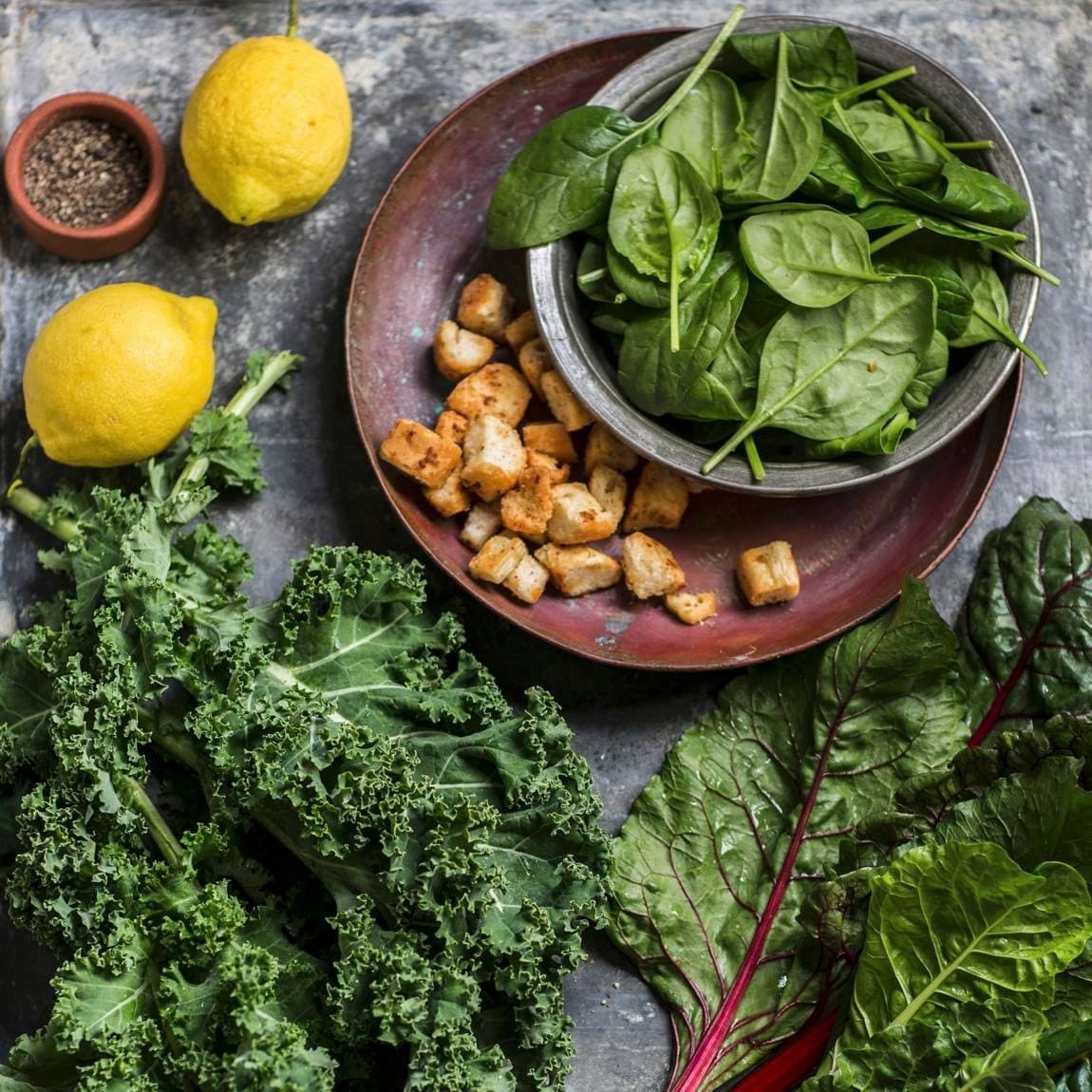 © GrosbyGroup
© GrosbyGroupLeafy Greens
Things like kale, arugula, spinach and Swiss chard have been found to have properties that aid in the reduction of stress levels. They are rich in things like beta-carotene, Vitamin C and serve as a great boost of antioxidant support for the brain and how it functions. They also carry a healthy dose of magnesium levels that positively affect anxiety levels within the body. Eating more of these can help the body feel calmer.
